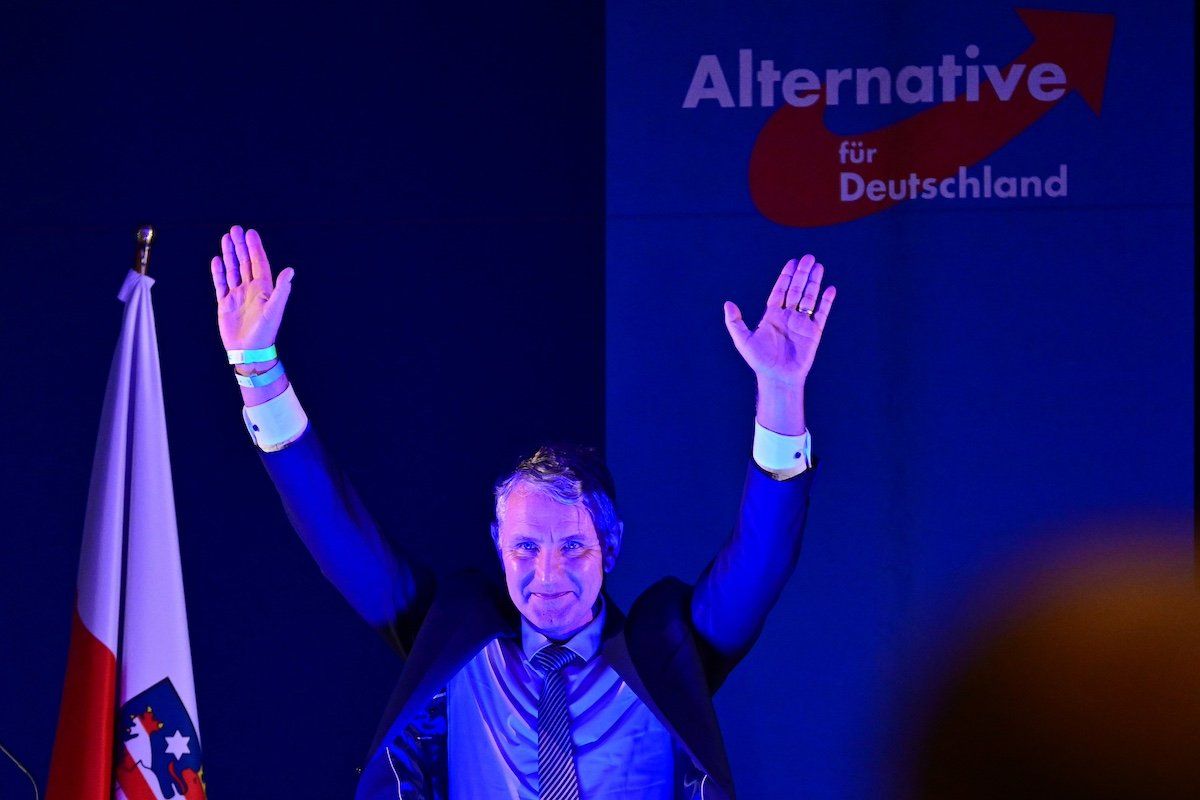38.5: Germany’s far right keeps rocking in Germany’s far east. The nationally surging Alternativ für Deutschland, or AfD, got 38.5% of the vote to win the mayoralty of Pirna, a town along the Czech border in former East Germany. To date, it’s the largest German city to come under the control of AfD, which campaigns on extreme anti-immigrant and anti-establishment rhetoric and has run into trouble for links to neo-Nazi groups.
55.8: For the second time in as many years, Chileans rejected a rewrite of the country’s constitution, with 55.8% of voters ticking the “No” box on Sunday. Last year, Chileans nixed a more left-leaning document meant to replace a constitution dating from the Pinochet dictatorship. This time, a more conservative drafting group had the pen, but in a deeply polarized country, the outcome was the same. This is probably the last attempt to rescript the constitution for the foreseeable future – Chileans are exhausted by the failed process and now care more about day-to-day issues like crime and the economy.
89.6: Meanwhile, in a somewhat more predictable election, Egyptian strongman Abdel Fattah el-Sissi won a third term, taking 89.6% of the vote in a contest that was not much of a contest. On the one thing that was worth watching – turnout – Sisi did well, as two-thirds of registered voters went to the polls, which was some 20 points higher than in the last election. That gives him something of a mandate as he confronts painful economic reforms that are required to keep open a crucial IMF credit lifeline.
78 million: It was a rocky year for the cryptocurrency set, with several
major scandals denting the reputation of the digital coin, but the industry is looking to change hearts and minds – and votes – next year,
amassing a $78 million war chest for Capitol Hill lobbying. The crypto-PACs will press lawmakers to craft “responsible regulation” that addresses the risks of crypto without choking off innovation.
